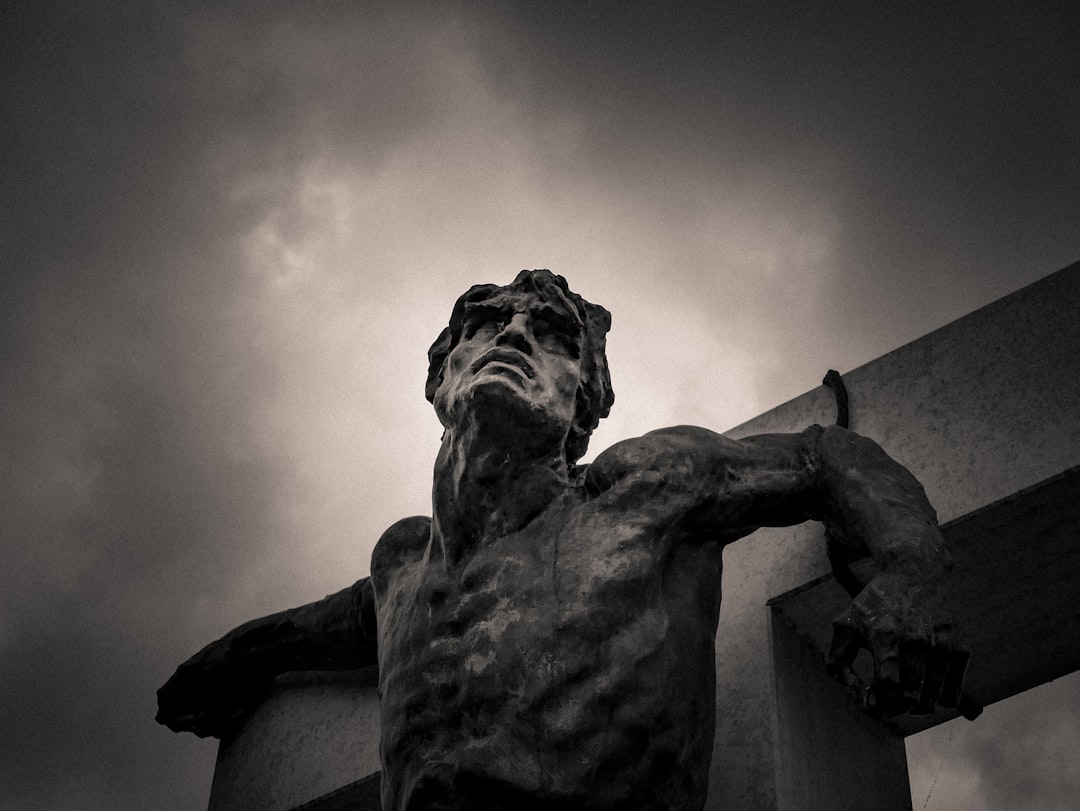What is it about?
In addition to its biblical basis medieval Christian thought made use of Neoplatonic philosophical ideas to develop a thought world all its own. Crucial themes were cosmos and creation on the one hand and soul and self on the other. Surprisingly, such Christian-Platonic theological ideas appealed to women as well.
Featured Image

Photo by Rowan Heuvel on Unsplash
Why is it important?
This article is important because in many specialized studies one loses the forest for the trees. To see the larger arc of medieval intellectual development helps to see its cons, being stuck in traditional Platonic ideas, as well as its pros, having a liberating effect on medieval thinkers including women authors.
Perspectives
While Christianity is often seen as being at odds with philosophy, this is not the case in the Middle Ages, where the development of Christianity really depended on philosophy, more particularly Neoplatonism. Both the fact that Christianity has a deep history of striving for intellectual consistency and expansion and the fact that in doing so it also could have a liberating effect, especially on women, are points too often overlooked in the larger history of western Christian thought.
Willemien Otten
Read the Original
This page is a summary of: Christianity’s Content: (Neo)Platonism in the Middle Ages, Its Theoretical and Theological Appeal, Numen, March 2016, Brill,
DOI: 10.1163/15685276-12341422.
You can read the full text:
Contributors
The following have contributed to this page










